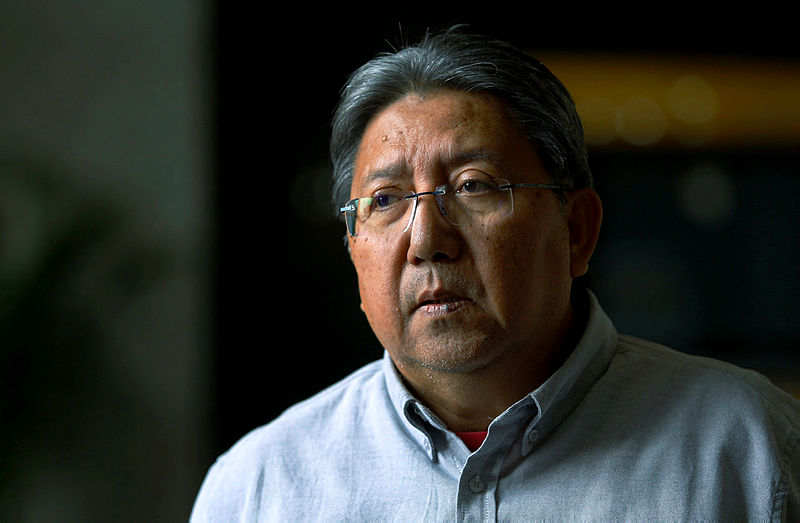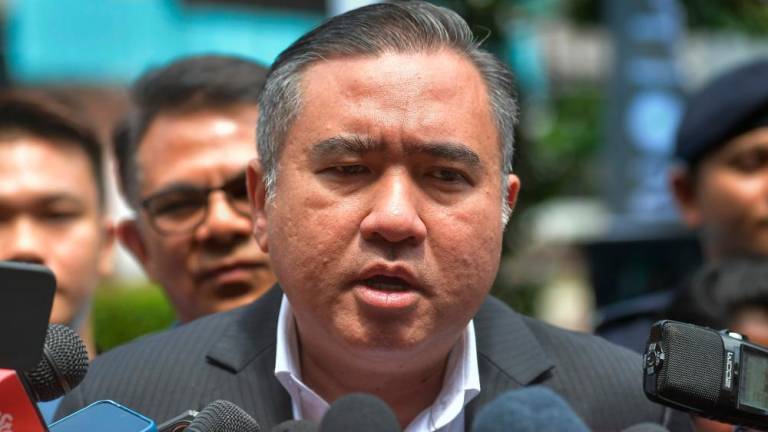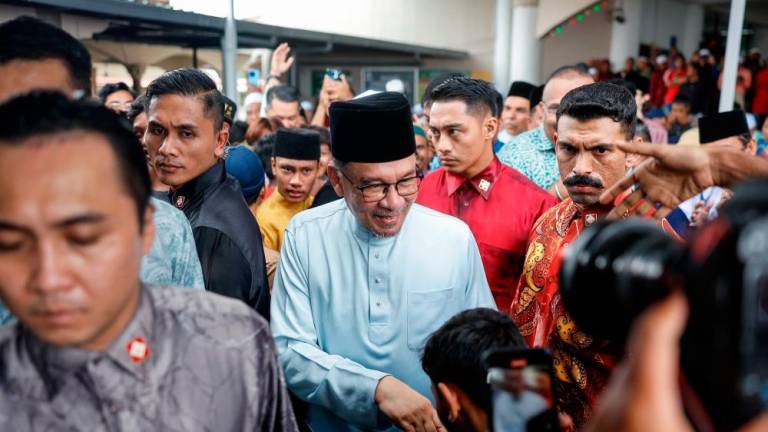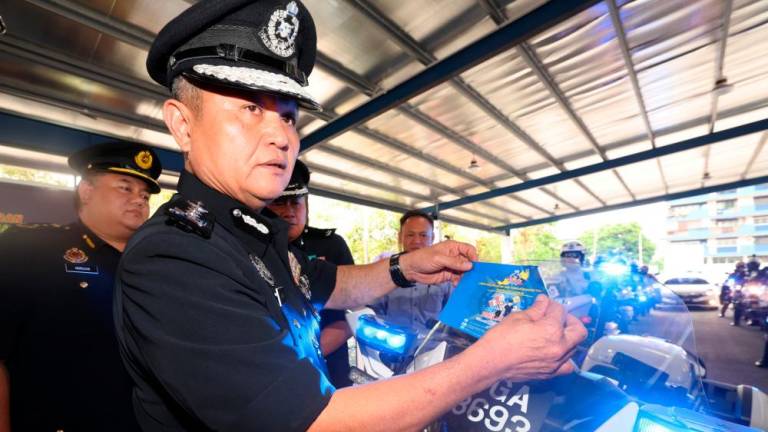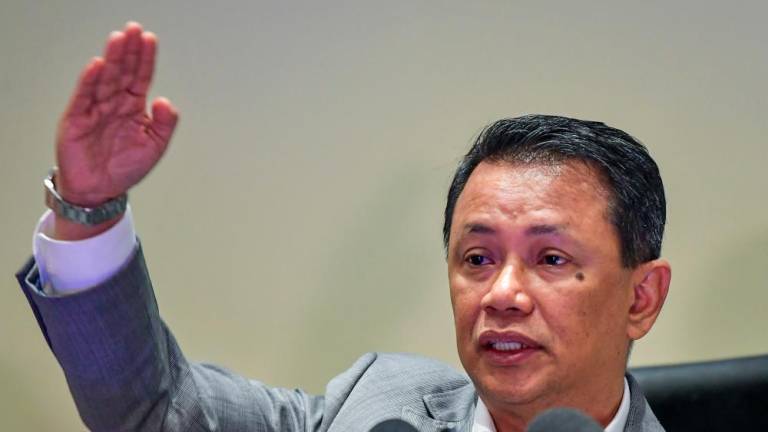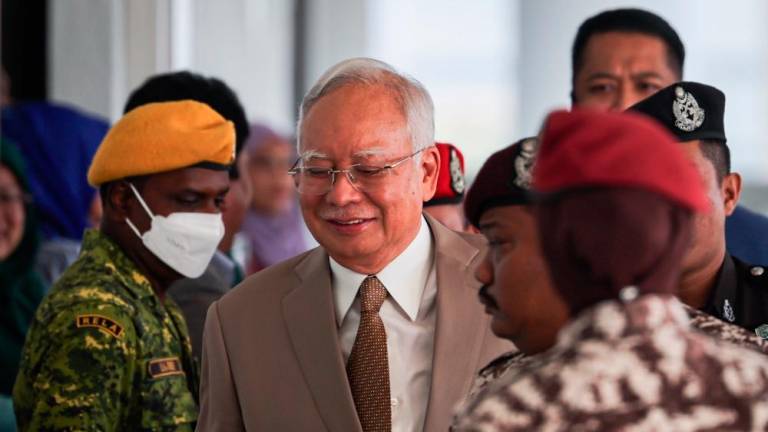PUTRAJAYA: Local enforcement agencies have difficulties tracking down human trafficking syndicates here due to the refusal of victims to cooperate with the authorities.
Former Perlis Immigration director Mohd Amir Othman (pix) said many of these illegal immigrants were conspiring with the syndicates and agents by protecting their identities and not revealing information that could help provide leads.
Speaking as the 30th witness in the Royal Commission of Inquiry (RCI) into the discovery of human trafficking camps and mass graves in Wang Kelian, Perlis, Mohd Amir however did not explain why he felt the victims were abetting the perpetrators.
“Throughout my experience working in this department, when we conduct our probes, we find it difficult to receive cooperation from the victims we have detained.
“This is why it is always hard for us to catch the ‘tekongs’ (those involved in the syndicates), because the illegal immigrants are abetting with them,” he said, here, today.
Mohd Amir revealed that the victims have been “taught and told” by the syndicates on how to answer to the authorities should they get arrested in Malaysian shores.
“They were taught to tell us that they have made payments to agents in their home countries before coming here, and that they did so voluntarily and were not forced to do so,” he said.
Mohd Amir said many illegal immigrants also seemed willing to get arrested, knowing they would be transferred to immigration depots, that have better living environment.
“Sometimes they walk around villages, and I feel like they voluntarily want to get arrested because they know living at the depots is better than whatever they are going through.
“They also know that they will be released from the depots once they obtain a United Nations High Commissioner for Refugees (UNHCR) card, and are free to roam,” he said.
Meanwhile, Malaysian Border Security Agency (MBSA) commander Deputy Superintendent Syed Basri Syed Ali, when taking the stand as the 32nd witness, admitted there was a lack of unified command among security agencies in the northern border.
He said unlike border agencies in neighbouring Thailand which take command from the military, the agencies in Malaysia, including the police, customs and Immigration Department, work in their own silos , making surveillance and operations difficult.
Syed Basri also bemoaned the lack of cooperation from other security agencies in allowing MBSA to perform its duties in areas that fall under their jurisdictions, despite the MBSA Act empowering it to curb smuggling and other illegal activities along the country’s border.



